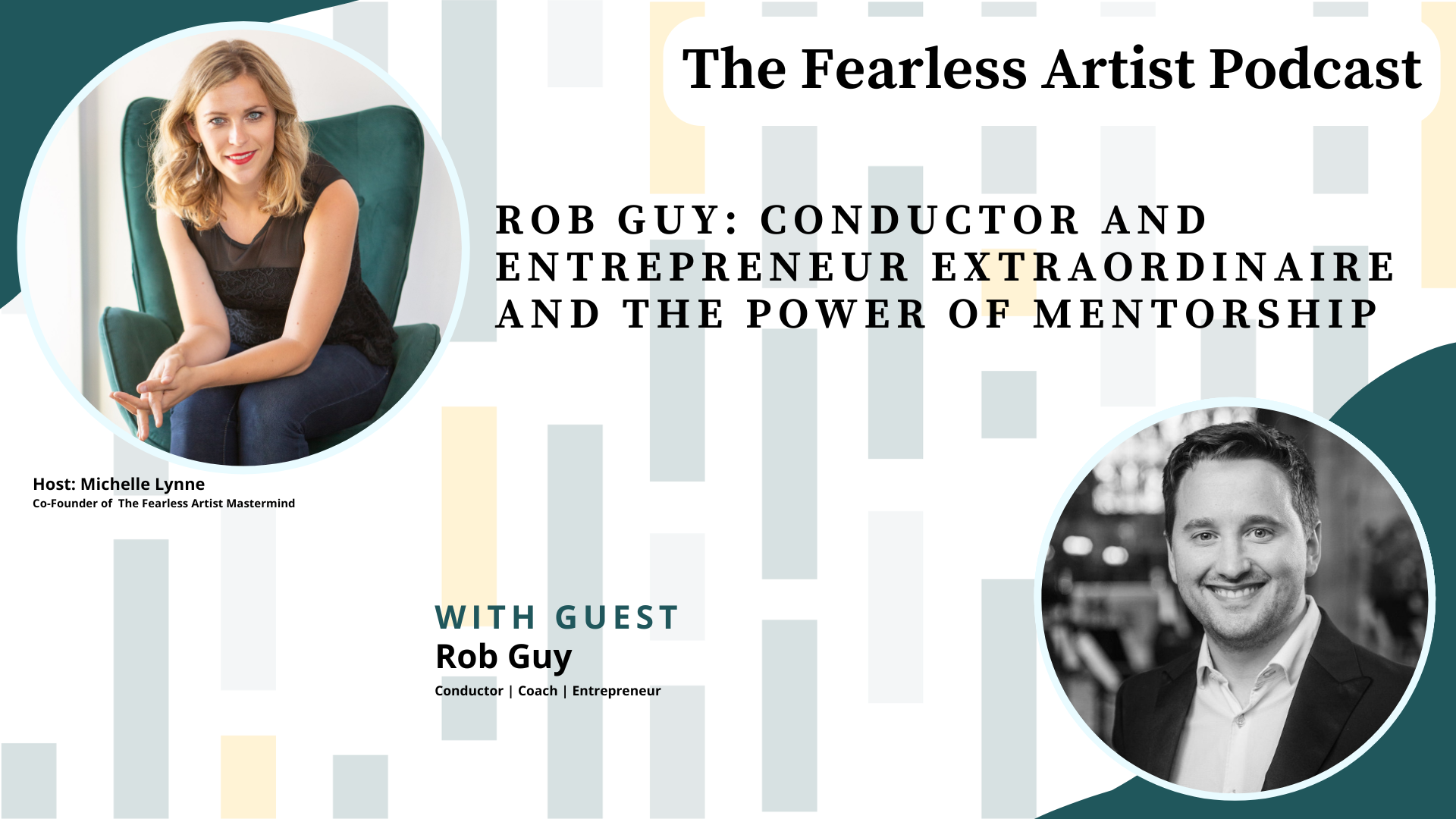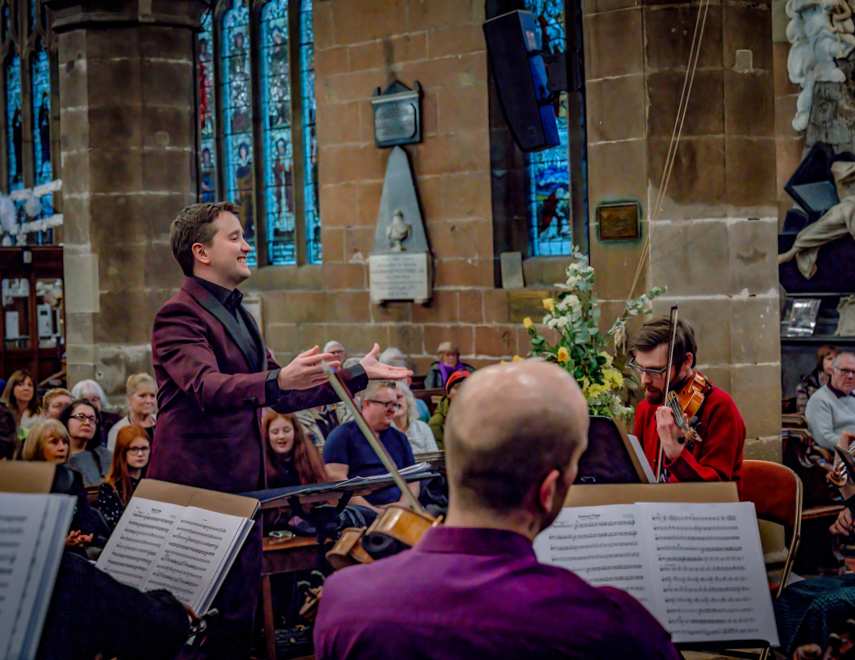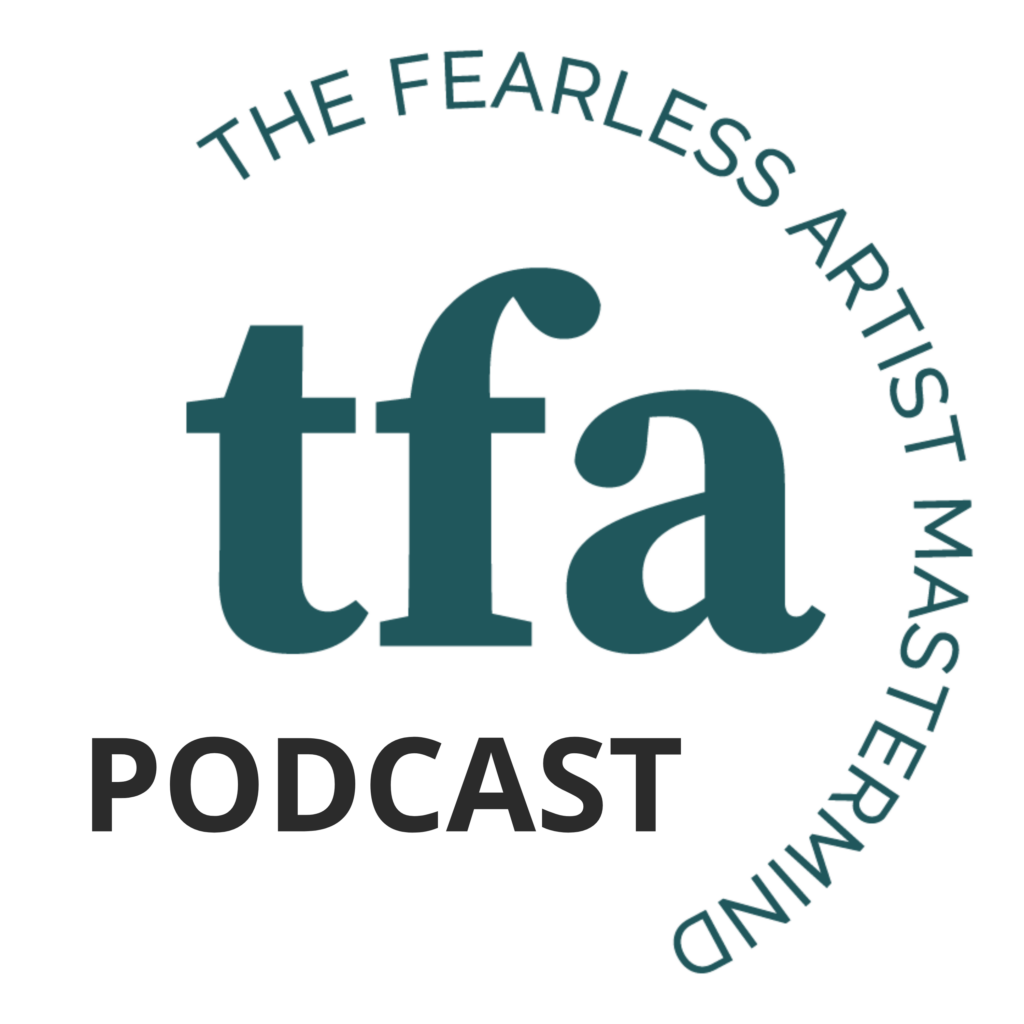Rob Guy: conductor and entrepreneur extraordinaire and the power of mentorship

Guest:
Rob Guy
Conductor | Coach | Entrepreneur
From Silence to Symphony: The story of a Welsh conductor who refuses to stand still
Born with severe hearing loss, Robert didn’t hear birdsong until after a life-changing operation as a child. Music wasn’t just a passion—it was his revelation. Now, as an internationally recognised conductor, he transforms that early silence into powerful, electrifying performances that leave audiences on their feet.
From his early days as a professional freelance viola player with the Royal Liverpool Philharmonic Orchestra, Opera North and playing alongside the Allegri String Quartet, to standing on the podium with world-class ensembles, he has built a career defined by bold leadership, relentless energy, and a belief that music can transform lives. He has conducted 65 world premieres, shaped the next generation of musicians, and led orchestras and choirs from London’s West End to Hong Kong, Austria to Kazakhstan. In October, he will make his debut with the City Chamber Orchestra of Hong Kong at City Hall Hong Kong.
As Principal Conductor of the Liverpool Philharmonic Youth Orchestra, he nurtures the next wave of talent, earning the trust of Sir Simon Rattle himself. As Co-Founder of NEW Sinfonia, he is breaking barriers in North Wales, making classical music accessible to all and redefining what an orchestra can be. His fearless approach extends to advocating for new music, as demonstrated in the acclaimed ‘Gresford: Up From Underground’ opera project, which engaged thousands and honoured Welsh heritage in a groundbreaking way.

Subscribe to The Fearless Artist Podcast
Intro/Outro music by Michelle Lynne • Episode produced by phMediaStudio, LLC
